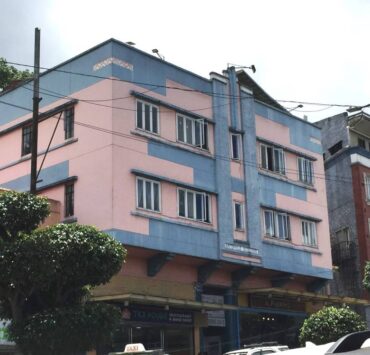How a quiet Japanese film became a Filipino triumph at Cannes
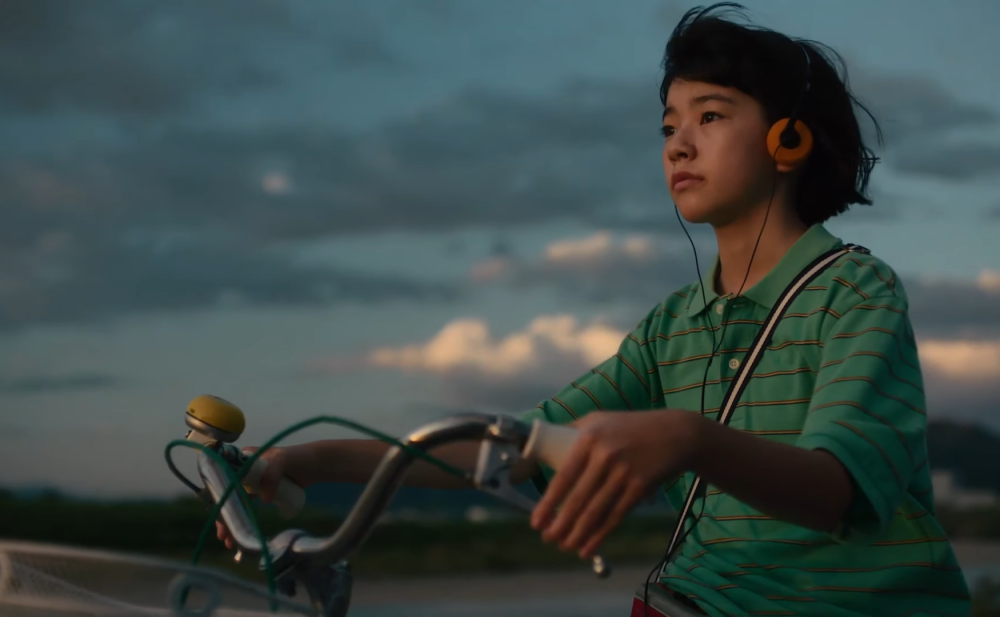
How did a Japanese film—set in 1980s Tokyo and focused on a young girl’s quiet grief—become a Filipino project? And more importantly, how did it end up in Cannes’ Main Competition?
It started with two Filipino producers who knew what they were doing.
“Renoir,” the second feature by “Plan 75” director Chie Hayakawa, may be Japanese on paper but behind the scenes, it became a Filipino coproduction, thanks to the efforts of Alemberg Ang of Daluyong Studios and actress-producer Sylvia Sanchez of Nathan Studios.
Their journey began over a birthday lunch. “I heard ‘Renoir’ was still looking for funding,” Ang recalled. “Then I found out Sylvia was a fan of ‘Plan 75.’ During her birthday celebration in Cannes, I introduced her to Chie. Right then and there, she said, ‘I’m in.’”
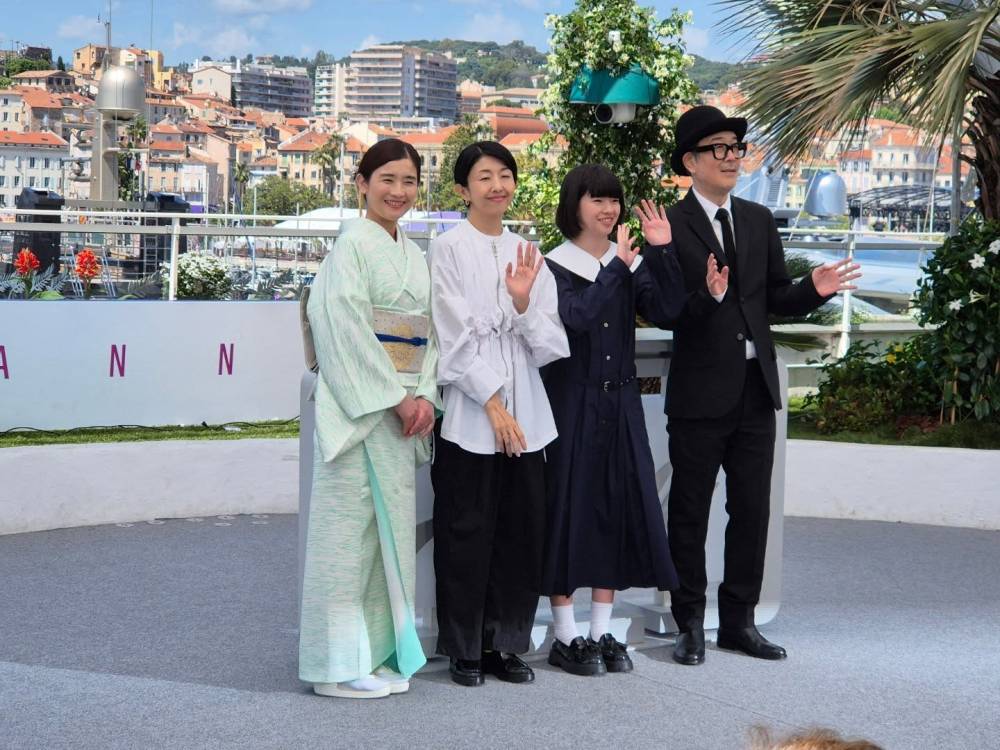
Sanchez had already been attending Cannes for three years. First as an observer, then with a film in the market. Later, she came back with projects for both film and TV. She wasn’t just there to mingle; she wanted in. “I have a different agenda whenever I go to Cannes,” she said. “When Alem offered, that’s when things started rolling.”
While “Renoir” is told entirely in Japanese and features a Japanese cast, one of its final scenes was shot in the Philippines—on a yacht in Batangas. “It’s part of the finale,” Sanchez explained. “But the audience isn’t supposed to know where it’s happening. We’re not just ‘money people.’ We read the script, gave input, and even went to Japan to observe the shoot. We were really part of it.”
PH premiere set
That hands-on approach paid off. “Renoir” will have its Philippine premiere at the 2025 QCinema International Film Festival in November, followed by a commercial release. Sanchez believes it will connect deeply with local audiences because its themes—childhood, nostalgia, grief—are universal.
Getting into Cannes wasn’t luck, it was strategy, according to Ang. “People think it’s just about submitting a film and hoping it gets picked,” Ang added. “But you have to build the filmmaker. Festival programmers need to know who they’re watching. If they’ve seen your shorts and liked them, they’ll give your full-length more time.”
Ang has been building up filmmakers like Arvin Belarmino, Don Josephus Rafael Eblahan, and Whammy Alcazaren. He backs their short films, helps shape their careers, and makes sure their names become familiar in international circles.
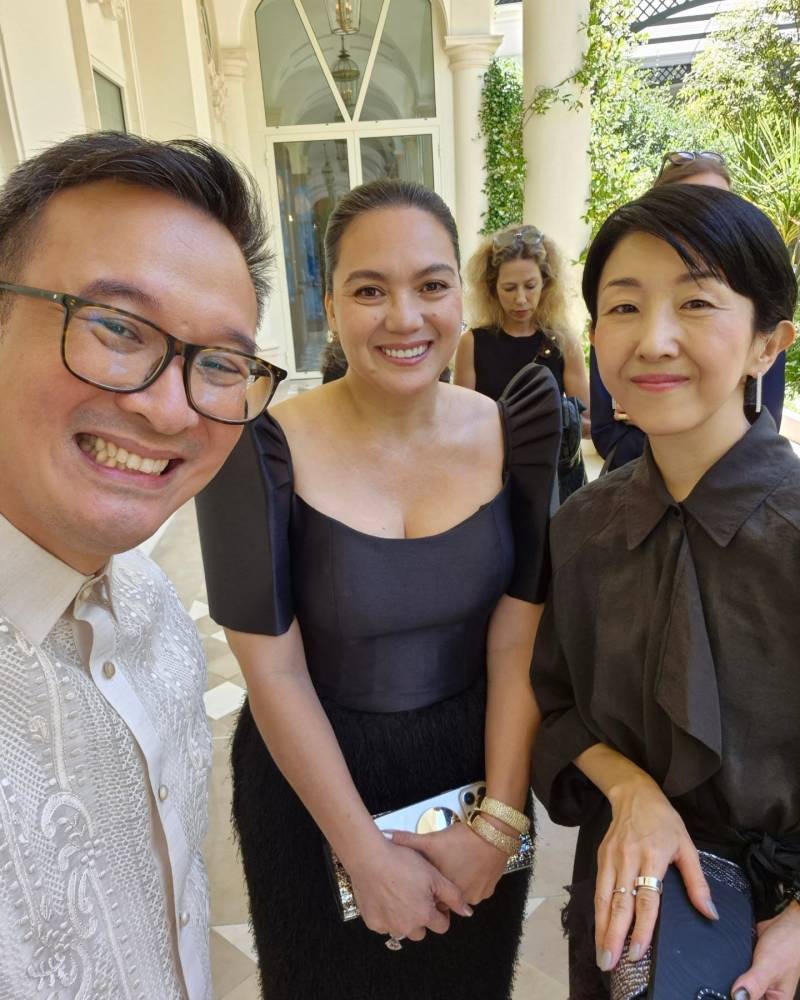
Smart coproduction is also key. “Countries like Singapore, Indonesia, and France have funding. But they require you to involve their creatives or shoot in their countries,” Ang said. “That means more support, more reach. You’re not doing it alone.”
And then there’s the story itself. “It has to offer something new,” Ang said. “I always tell my students—your story needs a twist, something people haven’t seen before. Take ‘Agapito,’ Arvin’s short that premiered in Cannes. It’s set in a duckpin bowling alley. One of the leads has cerebral palsy. That alone makes it stand out.”
But it’s not just about what’s on screen. It’s also about being present. Ang and Sanchez didn’t just submit and wait. They showed up—at Cannes, at film markets, on panels. That visibility, those conversations, led to a coproduction deal that brought Filipino names to the Cannes Main Competition.
“Renoir” tells the story of a girl dealing with her father’s terminal illness. Set during a summer in 1980s Japan, it’s loosely based on Hayakawa’s own childhood. The film’s quiet, emotional tone is what makes it feel like a painting come to life.
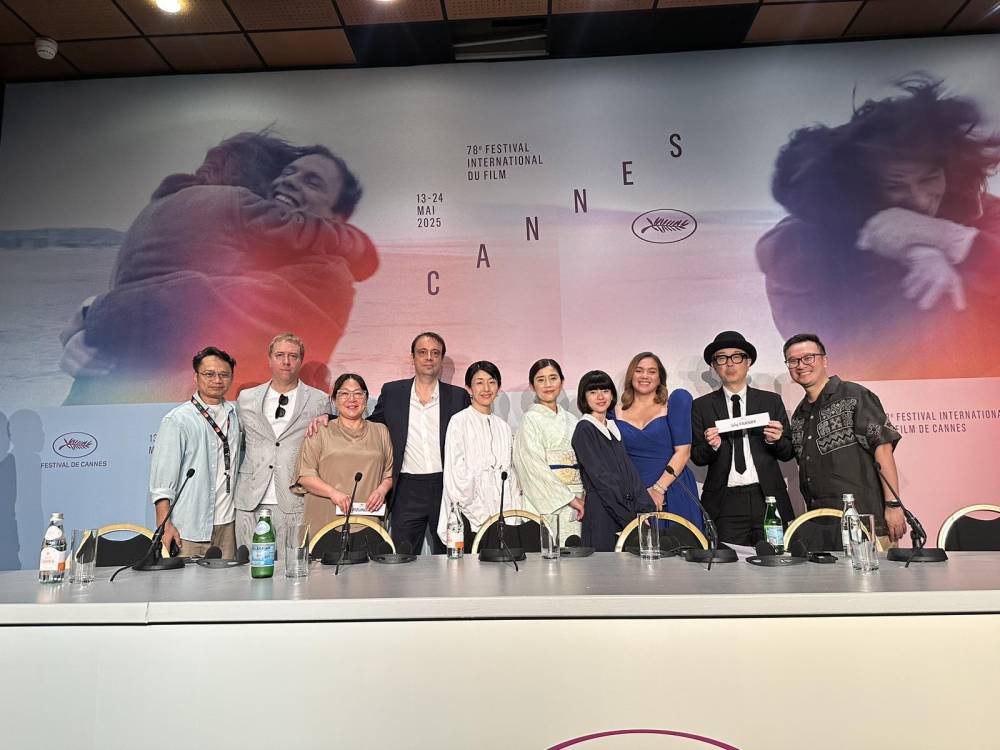
“There’s a Renoir painting in the family’s house,” Ang said. “But more than that, the film feels like a Renoir—subtle, emotional, immersive. It’s not just about the story. It’s about how it makes you feel.”
At Cannes, the response was overwhelming. “Renoir” got a standing ovation, glowing reviews, and praise for Yui Suzuki, 13, who played the lead. “She’s playing an 11-year-old, and this is her first full-length,” said Ang. “She’s incredible.”
But for the producers, the biggest win was the sense of community. “Japan was all-out, of course,” Ang said. “But also Indonesia and Singapore. Their government reps were there. It felt like a team effort across Asia.”
It was also a reminder of what Philippine cinema could achieve. “We need more support,” Ang said. “We’re great storytellers. Just look at Korea. They got government support, and now they’re everywhere. We’re still fighting to stay alive.”
He also pointed to education. “Look at theater. People appreciate it now because they were exposed to it as kids. We need the same for film,” he said.
Sanchez, now a full-fledged Cannes producer, isn’t done. “Hoping kami mayroon pang susunod,” she said. “And I don’t regret trusting Alem for a second.” If this team has anything to say about it, there will be plenty more to come.















